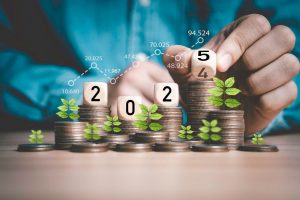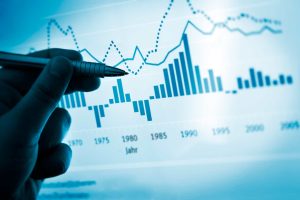By Andrea Shalal
MARRAKECH, Morocco (Reuters) -A new tool launched on Monday to track reforms by the World Bank and the five biggest multilateral development banks (MDBs) shows that broad changes are “firmly in play” but progress in implementing them has been limited thus far.
Senior officials at the nonpartisan Center for Global Development said they developed the new platform to assess progress being made on reforms, but concluded progress in implementing the changes was “quite limited.”
“We have already seen notable progress in areas like raising lending limits and launching innovative finance programs,” former senior Treasury official Nancy Lee and other researchers wrote in a blog unveiling the tool. “Many reforms are still in the aspiration phase rather than the implementation phase.”
CGD unveiled the tracker as finance officials gathered in Marrakech, Morocco for the annual meetings of the International Monetary Fund and the World Bank. It said it would update the tracker biannually or when major changes were announced.
The CGD researchers lauded some steps taken – including the World Bank’s inclusion of the phrase “livable planet” in its mission statement, but said the development banks were still largely debating how to integrate global challenges into their operations and how to pay for them.
Anna Bjerde, the World Bank’s managing director for operations, said she had been at the bank for 27 years and had never felt such energy and momentum for changing course.
“To make change in the work we’re in will, of course, take time,” Bjerde said, noting decisions already made at the spring meetings of the IMF and World Bank would boost financing and further steps were expected at the meeting in Morocco.
One big change, she said, was a sharp reduction in the number of projects from over 380 to 320 to focus on more programmatic, larger and transformational projects.
“I think we’re on what I call a road of no return. The process has been launched, and we’re not going to go back,” she said. “This week will be very important to hear from our partners and our clients to hear, how do we do this together.”
The United States, the World Bank’s biggest shareholder, and other countries are pushing for major changes to ensure the bank and its sister development banks are better equipped to address issues such as climate change and pandemic preparedness.
Critics have argued for years that MDBs manage their balance sheets too conservatively and could unlock significantly more capital without losing their AAA credit rating status.
They said the reform discussion was also largely dominated by Northern Hemisphere voices and major emerging markets like China, India and Brazil, and it was crucial to include more MDB borrowing countries and address their goals and concerns.
Read the full article here











